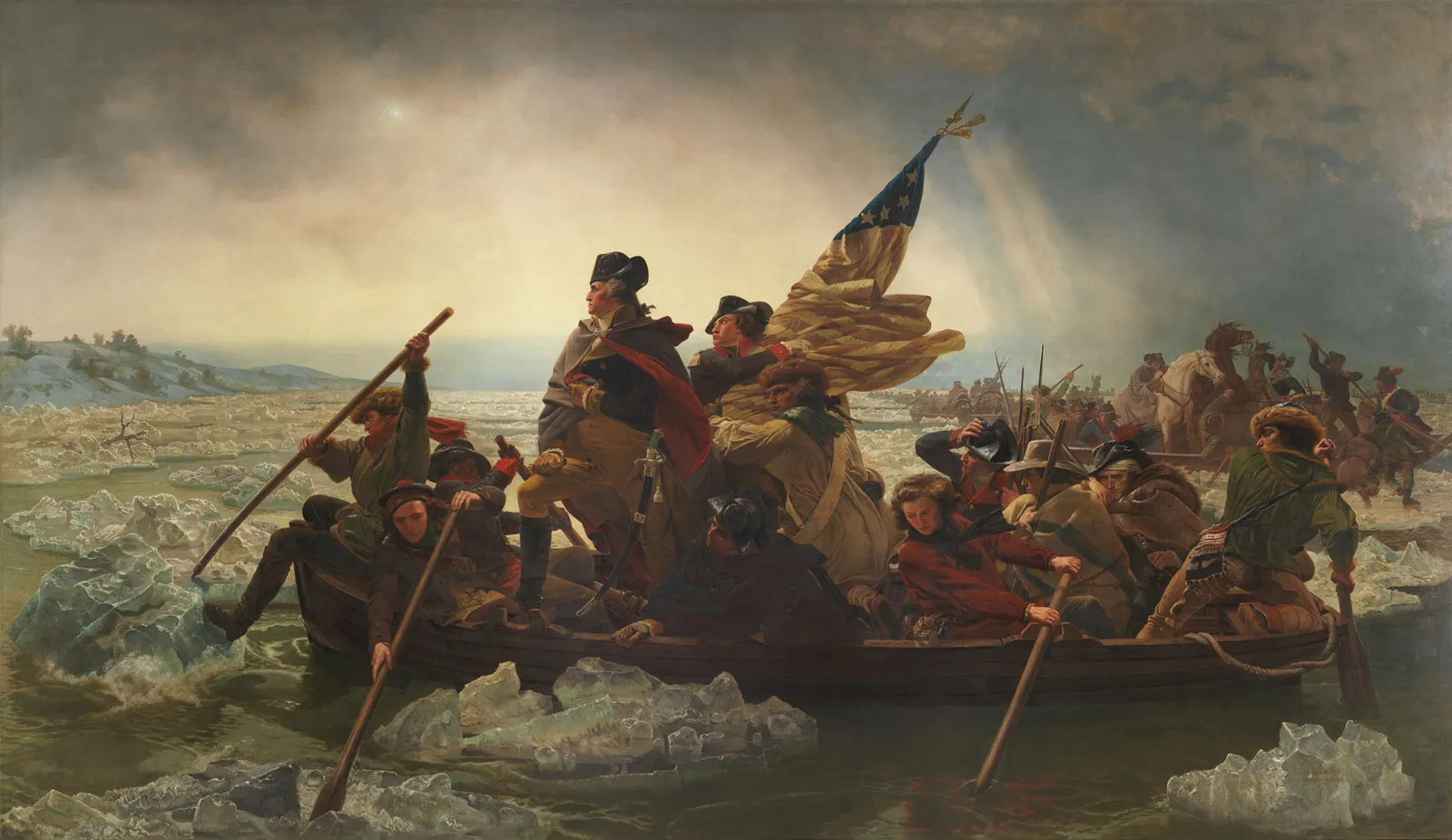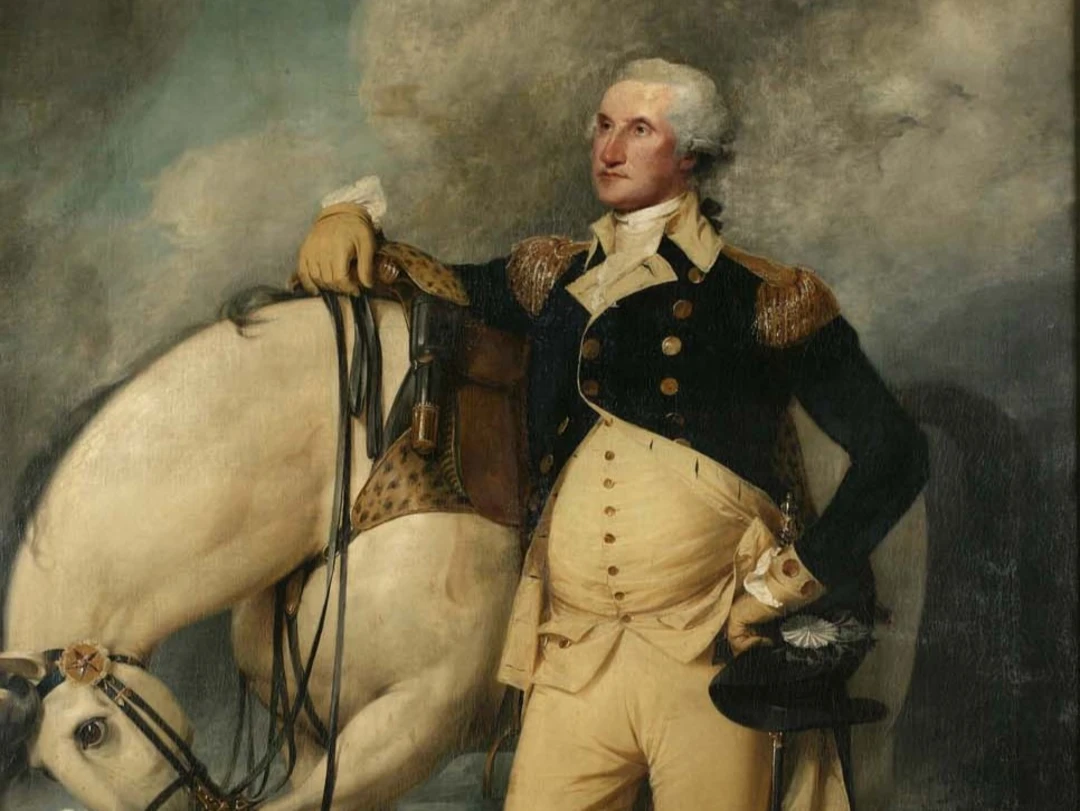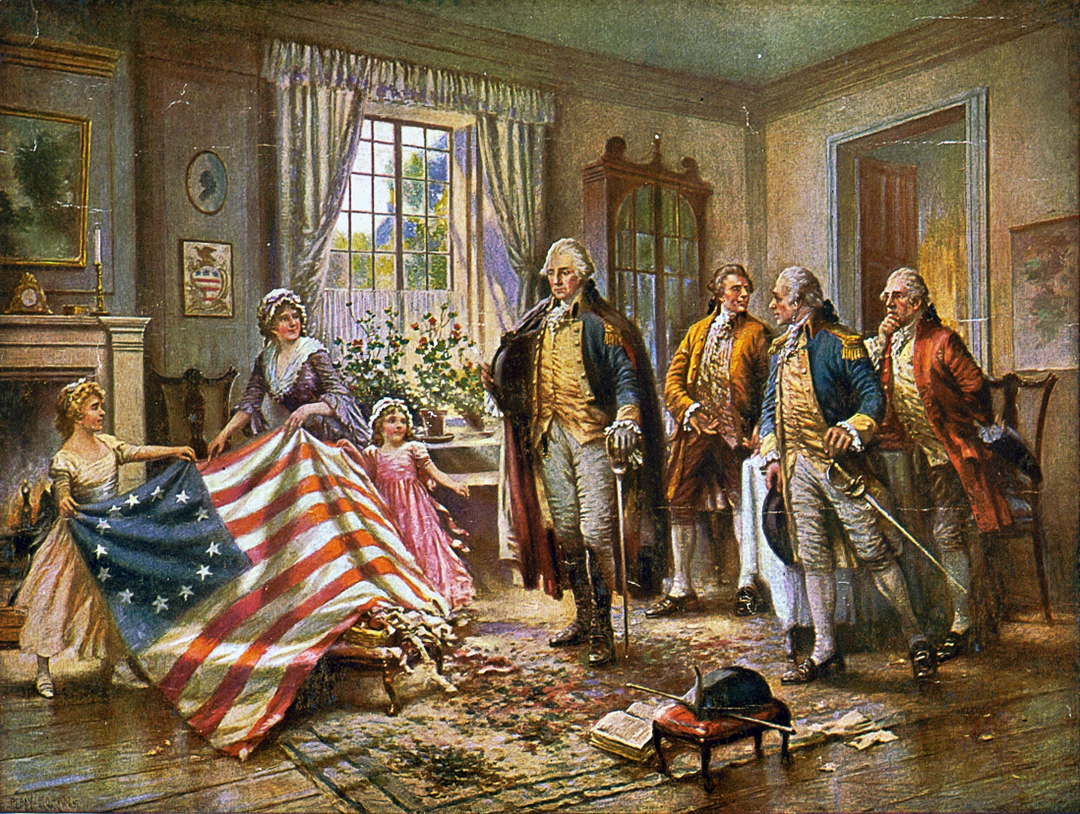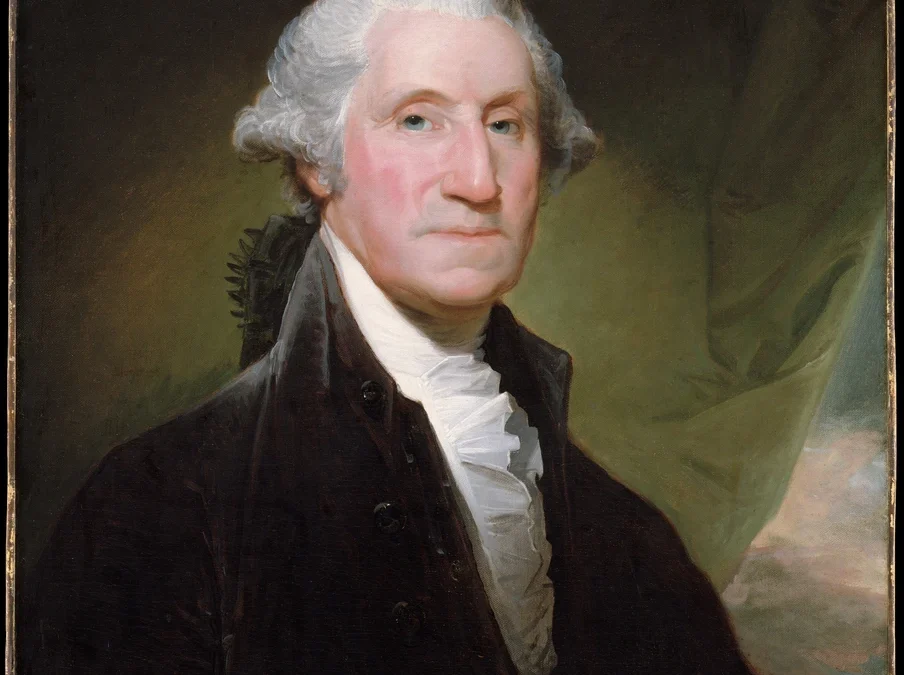Several remarkable events during the Revolutionary War have been remembered by many as miraculous, especially in the life of General George Washington. While these occurrences may not all be formally recognized as “miracles” in a theological sense, they have often been interpreted by contemporaries and later historians as instances of divine providence. Here are some of the most notable:
- The Battle of Monongahela (1755) — “The Bulletproof George Washington”
Although this event occurred before the Revolutionary War, it set the tone for the near-mythic status of Washington’s survival. During the French and Indian War, Washington rode into battle with General Braddock. Despite bullets tearing through his coat and two horses being shot out from under him, Washington emerged unscathed. Native American warriors later claimed they had singled him out, but none could hit him. Washington himself attributed his survival to the “all-powerful dispensations of Providence.”
- The Battle of Brooklyn and the “Fog of Escape” (August 1776)
After a crushing defeat on Long Island, Washington’s army was cornered with their backs to the East River. The British expected an easy surrender. Yet, overnight, a thick fog descended, allowing Washington to evacuate his entire army silently across the river to Manhattan without detection. The fog lifted only after the last boat departed. Many saw this as divine intervention.

- The Delaware Crossing and the Victory at Trenton (December 1776)
Morale was at an all-time low, but Washington made a daring move, crossing the ice-filled Delaware River on Christmas night. The surprise attack on the Hessians at Trenton was an overwhelming success. The weather played a key role again—snow and sleet slowed the American march but also concealed their movements. Some accounts saw this timing as providential.

- The Preservation of Washington’s Life in Battle
Throughout the war, Washington was often in the thick of battle, leading from the front. Despite being exposed multiple times to enemy fire, he was never seriously injured. Many found this astonishing and believed it to be a sign that God had set him apart for a special purpose.
- The Sudden Storm at Yorktown (October 1781)
As British General Cornwallis planned an escape across the York River to regroup, a sudden and violent storm thwarted the effort. The next day, his situation became hopeless, and he surrendered. Some American leaders saw the storm as a divine intervention sealing their victory.
These events, remembered with reverence and awe by many Americans of the time, often served as signs that the fledgling United States had divine favor. For devout Christians, especially among Charismatics today, these stories are powerful illustrations of God’s providence in history—how God’s unseen hand can guide, protect, and empower for justice and freedom.



Trackbacks/Pingbacks